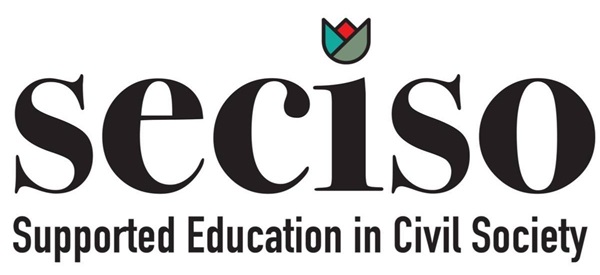A toolbox for Supported Education by the SECiSo project

Supported Education (SEd) is a rehabilitation method that aims to support young people with psychosocial difficulties in line with the choose-get-keep model. It can be applied to students who struggle to stay in education or who want to return to school.
The different phases of the model are:
- Assessing readiness: to ensure student is prepared and motivated for change.
- Choose: to select an education programme that is in line with the student’s interests, skills and needs.
- Get: to carry out the selected education (a skill assessment to understand student’s functional ability and necessary skills required to succeed).
- Keep: to continue committed (continue to develop and maintain relevant skills).
The toolbox provides practical exercises for each stage of the process. It also contains a description of the SEd method and its key characteristics (called the SEd profile). The toolbox is available in English and Swedish.
The toolbox was developed by the SECiSo project (Supported Education in Civil Society). It was run by the RSMH (Sweden) with funding by the European Social Fund in 2017–2019.
Further reading
Additional information
-
Education type:School Education
-
Evidence:N/A
-
Funding source:European Funding
-
Intervention level:Targeted
-
Intervention intensity:Periodic
-
Participating countries:GermanyNetherlandsSweden
-
Target audience:TeacherStudent TeacherHead Teacher / PrincipalPedagogical AdviserSchool Psychologist
-
Target audience ISCED:Primary education (ISCED 1)Lower secondary education (ISCED 2)Upper secondary education (ISCED 3)
